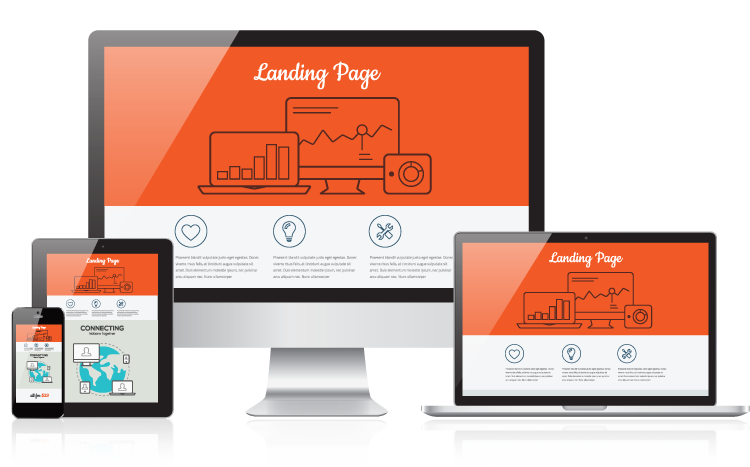What Are The Advantages And Disadvantages Of Responsive Design And Mobile Sites?

Responsive design is web development that detects the client type and automatically adjusts the website layout to fit in the detected screen size. If the content is displayed on three-columns on desktop, the responsive design will display it in two-columns on tablet and on single-column on mobiles.
Mobile sites are developed specifically for mobile platforms like Smartphones. These sites are different in the way that they live under URLs like m.site.com. In short, these sites are subsets of the full sites designed and developed for desktops. Mobile sites have features and content deemed appropriate for those platforms.
Often mobile sites are contrasted with responsive design that contain the same features and content for desktop, tablets and mobiles but rearranges the layout according to screen sizes.
Mobile-dedicated vs. Responsive Sites
Here is a direct contrast between these two web development practices
-
Responsive sites support a variety of devices with different screen sizes with single implementation. Mobile sites are device specific. Businesses can choose to build responsive sites or develop different sites for desktops and mobiles.
-
Responsive sites keep parity in content and features as the site is adjusted according to screen size. Mobile sites are developed exclusively for mobiles hence there could be different in content and presentation in mobile version of a desktop site.
-
Responsive sites are easier to optimize for search ranking the development helps in digital marketing. On the contrary, mobile sites are developed under separate URLs hence they remain untouched from the popularity and search ranking of their desktop sites.
-
Responsive sites provide ease of content management. A single website with one content repository is easier to manage in comparison to having multiple sites with separate repositories. You make changes in your responsive site and the change is displayed on every platform but if there is a mobile site then it has to be changed along with the desktop site.
Should you go for the responsive site or mobile site?
-
Responsive web development is expensive than making a mobile site. Also there are more hassles with responsive sites. For instance, take CMS. The changes made to responsive site have to be tested through all devices to make sure that the site is working decently on all devices.
-
Responsive sites tend to be slower than mobile sites. Since the same content is delivered across all screen sizes, responsive sites take time in arranging and uploading content on various devices.
-
Responsive sites aren’t suitable for displaying complex content like spreadsheets, comparison table and presentations. Mobile sites will leave out this content as the user can access the content on desktop for better viewing.
-
Responsive design often doesn’t respond on third party services like booking engine on a hotel site. If you’re developing a site for a separate independent backend service then responsive design won’t suit to your needs.
It is true that responsive design provides ease of maintenance but in practice, even the responsive development fails to give 100% results. Also it needs to advance knowledge on web development to create a fully functional responsive site.
Desktop sites for mobiles
Phablets are mobile phones with screen sizes bigger than 5.3 inch that is the highest display size for any mobile. Phablets have the technology that allows the uploading of desktop sites in a decent manner. Also the regular desktop sites can be viewed on mobiles but with a little adjustment.
Conclusion
Responsive sites have the advantage of digital marketing as you won’t need to optimize separate sites to come in search. But you need not worrying about the search ranking of your mobile site as the search engines can detect mobile versions of desktop sites and redirect the visitors to mobile sites.



